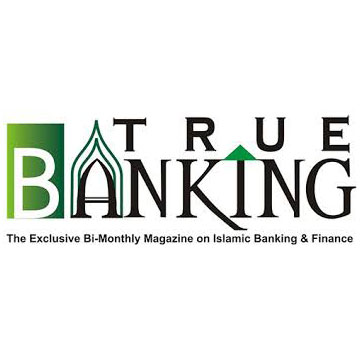How Saudi’s neighbours will benefit from its reforms
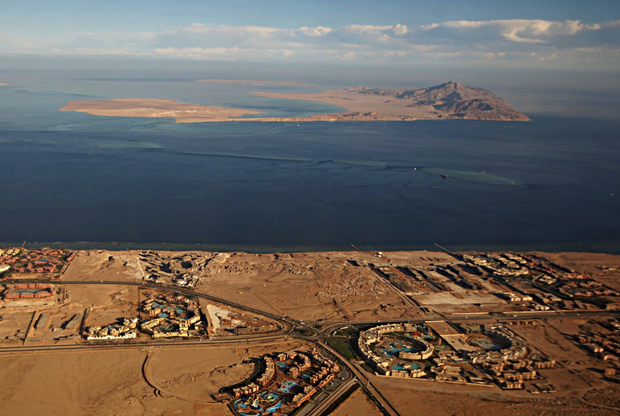
The Saudi government and neighbouring Jordan recently announced the establishment of a joint coordination council to seek out opportunities for the Saudi Public Investment Fund (PIF) to invest in the Hashemite kingdom.
Amid the widespread coverage of Saudi Arabia's Vision 2030 economic reforms, the creation of this council marks a watershed moment in economic relations between the two kingdoms. While Saudi Arabia has historically assisted Jordan with grant aid to finance public projects (such as roads and hospitals), the new joint coordination council will target growth industries in the private sector for investment.
The agreement with Jordan is in keeping with Saudi Arabia's plan to pursue investments abroad to create alternative streams of revenue, part of a wider effort to wean itself off oil export dependency. The change in Saudi policy could not be timelier for the Jordanian government, as Amman struggles to integrate the more than one million refugees who have sought refuge in the country since the outbreak of the Syrian civil war in 2011.
With services and infrastructure stretched to their breaking point, the Jordanians have been looking into ways to make the refugees net assets to the country and alleviate the burden of hosting them. To this end, the Jordanian government is piloting a scheme to grant 150,000 refugees the right to work in a Special Economic Zone near the Zaatari refugee camp.
Given that Jordan’s unemployment rate already stands at 22 percent, the government is at pains to avoid the impression that refugees are taking Jordanian jobs. The late King Abdullah II had made the ambitious - to put it mildly - claim that for every job offered to a Syrian, five jobs would be created for Jordanians. Wildly ambitious as this may have been, it is hoped an injection of Saudi capital could help kick-start the economy, reduce unemployment and prevent any civil unrest that could erupt if Syrians are thought to be receiving preferential treatment.
While the size of the investment fund and the sectors of Jordan's economy set to benefit are yet to be finalised, officials in Amman might look to Saudi Arabia’s recent investment agreements with Egypt as a potential blueprint. In early April, Saudi Arabia’s King Salman bin Abdulaziz visited Cairo where he announced a $16 billion investment fund to be shared between the PIF and the Egyptian government. He also signed memoranda of understanding concerning cooperation in agriculture, industry and infrastructure.
Like Jordan, Egypt had traditionally received budgetary aid from Saudi Arabia, especially after the 2011 revolution left the country's economy devastated. While most headlines about the trip focused on the transfer of Red Sea Islands from Egypt to Saudi Arabia, the deals announced between King Salman and Egyptian President Abdel Fattah al-Sisi mark a sea change in the Saudi approach to doing business with its Arab neighbours.
Besides the $16 billion investment fund, other projects include the creation of an economic free trade zone in Sinai and plans to continue with the development of a new industrial city near the Suez Canal. Egypt's energy sector is poised to benefit, with one Saudi company alone intending to invest $12 billion over five years.
The flagship project, however, is the planned bridge over the Red Sea to connect the two countries. No detailed plans were unveiled, but it is expected the bridge will span from Nabq on the Egyptian side to Ras Alheikh Hamid on Saudi Arabia's western coast. The project, which might also incorporate a railway line, should cost $3-4 billion.
The planned bridge between the two countries also metaphorically illustrates how, for Saudi Arabia, investment needs to go both ways. For the Saudis, that means taking unprecedented steps to attract inward investment needed to make up for the drop in oil prices. Not least of which is the hotly anticipated offering of 5 percent of Saudi Aramco, the proceeds of which will be added to the retooled sovereign wealth fund. The PIF already manages the assets of another national champion, petrochemical company Saudi Basic Industries Corp. From this and the sale of other state assets, Saudi Arabia expects the PIF to swell to $2 trillion in value and serve as the hub for Saudi foreign investments.
In addition to privatising once jealously guarded state assets, Deputy Crown Prince Mohammad bin Salman is introducing a raft of reforms to bring in foreign business. The most radical of these, the Companies Law in 2015, permits companies with 100 percent foreign ownership to operate in the kingdom for the first time.
Under the previous legislation foreign companies were required to partner with a local business before they could enter the Saudi market. Long seen as an impediment to foreign investment, it is hoped that the change in the law will result in more foreign companies looking at Saudi Arabia as an appealing market or manufacturing base. Outside brands like British carmaker Jaguar Land Rover have seriously explored setting up operations in the country to take advantage of the important regional market, and the simplified business environment will do much to get these efforts off the ground.
Saudi’s profound changes have been brought about by the need to overcome a new set of challenges, especially as rival Iran re-emerges on the world stage after years of economic isolation. While the drive to invest in its neighbors’ economies should come as welcome news to Egypt and Jordan, the broader economic changes and push for diversification in Riyadh show the lengths Saudi Arabia is willing to go to remain relevant in a new, rapidly changing Middle East.



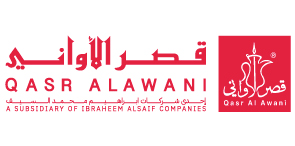
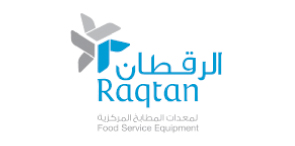






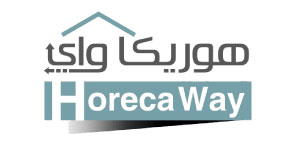



























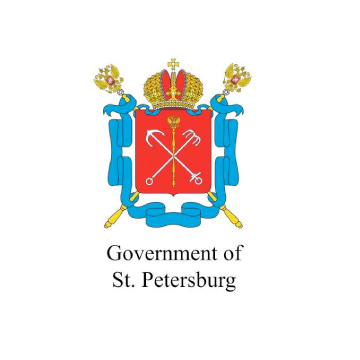



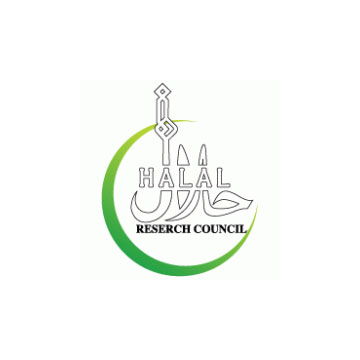
.jpg)
